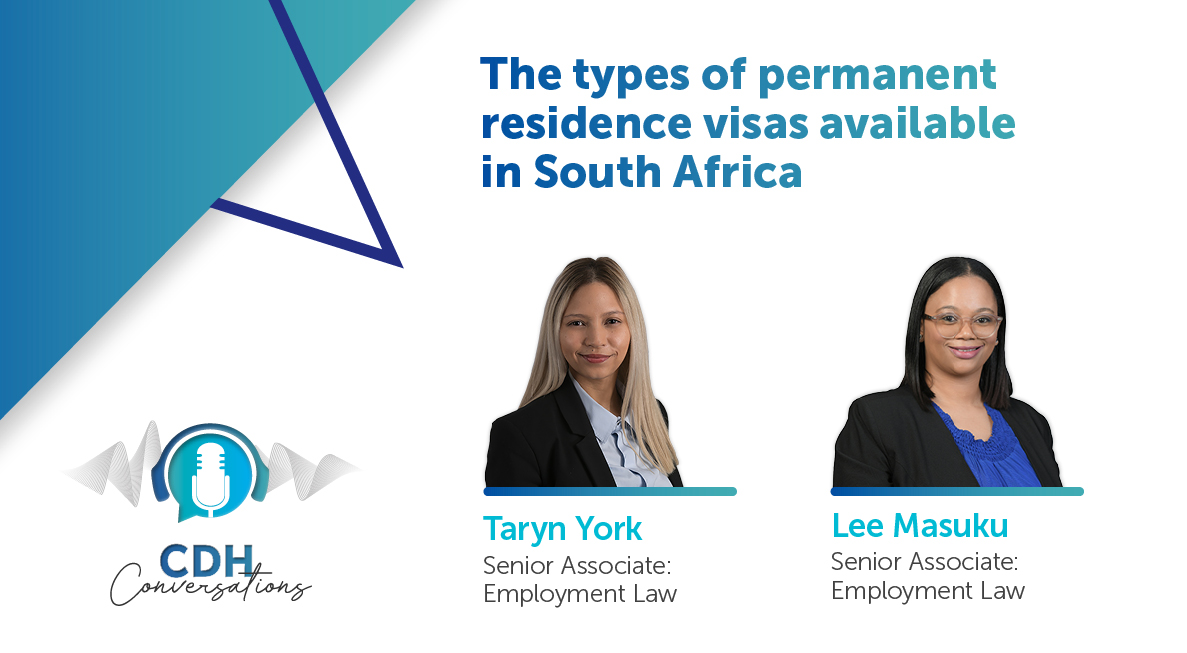When does freedom of expression go one step too far?
In the recent matter of Nelson Mandela Foundation Trust and Another v Afriforum NPC and Others [2019] 4 All SA 237 (EqC), the court found that hate speech is not limited to verbal expressions of disparaging content but encompasses other types of expressions. In this matter, the court had to consider whether the display of the old South Africa flag constituted hate speech and ultimately found that it did. The court’s rationale in this regard is that the flag objectively demonstrates a “hurtful, harmful and hateful meaning” which is associated with the apartheid era, and as such, the gratuitous display of the flag is not to be permissible.
The practical effect of this judgment is that it highlighted that hate speech is not limited to oral statements. Images, symbols and other expressions can constitute hate speech because persons cannot be forced to endure injury to their dignity purely on the basis that hatred was communicated in a non-verbal manner. Imagine the hurt and revolt that would be caused if the Nazi flag was waived in Israel. This symbol has at its core an extremely injurious meaning as it symbolises systematic hatred and abuse against a group of people.
This judgment has important ramifications - people need to consider the context, sensitivities and history of an expression and be mindful of not only what they say, but also be aware of images and symbols that they associate themselves with which may be offensive in nature, because all forms of expressions, when considered in context, have the capacity to injure.
The misconception of freedom of expression as an absolute right causes problems. People may falsely believe that they may speak their minds and display their controversial views through symbolism or conduct in a limitless manner – but this is not the case.
The right to freedom of expression is a right enshrined in section 16 of the Constitution of South Africa and does not extend to propaganda for war, incitement of imminent violence or advocacy of hatred that is based on race, ethnicity, gender or religion and constitutes incitement to cause harm. In the matter of Islamic Unity Convention v Independent Broadcasting Authority 2002 (4) SA 294, which arose from the terrible allegation made on radio that, inter alia, Jewish people were not gassed in concentration camps during the Second World War but died of infectious diseases, the court held that “implicit in its provisions is an acknowledgment that certain expression does not deserve constitutional protection because, among other things, it has the potential to impinge adversely on the dignity of others and cause harm”. Therefore, a step too far does not deserve constitutional protection.
Furthermore, section 36 of the Constitution makes provision for the limitation of the right to freedom of expression to the extent that the limitation is reasonable and justifiable in an open and democratic society based on human dignity, equality and freedom.
The relationship between freedom of expression and the right to dignity is a delicate yet fundamental one. Given the symbiotic nature of these rights, it is crucial that as a society, we understand the practical extent to which these rights can be exercised and the importance of protecting, nurturing and upholding each.
Hate speech is the expression of hatred and intolerance on one or other of the listed grounds such as on the basis of race, gender and religion. Due to the harmful nature of hate speech it constitutes an unjustifiable affront to dignity and is therefore prohibited by section 10 of the Promotion of Equality and Prevention of Unfair Discrimination Act 4 of 2000. Conclusively, South Africans must be alive to the harm that may be caused by hateful expressions and must also be aware that one can, in certain circumstances, face criminal sanctions for such expressions.
The information and material published on this website is provided for general purposes only and does not constitute legal advice. We make every effort to ensure that the content is updated regularly and to offer the most current and accurate information. Please consult one of our lawyers on any specific legal problem or matter. We accept no responsibility for any loss or damage, whether direct or consequential, which may arise from reliance on the information contained in these pages. Please refer to our full terms and conditions. Copyright © 2026 Cliffe Dekker Hofmeyr. All rights reserved. For permission to reproduce an article or publication, please contact us cliffedekkerhofmeyr@cdhlegal.com.
Subscribe
We support our clients’ strategic and operational needs by offering innovative, integrated and high quality thought leadership. To stay up to date on the latest legal developments that may potentially impact your business, subscribe to our alerts, seminar and webinar invitations.
Subscribe



